The Legacy of Ricardo Flores Magón
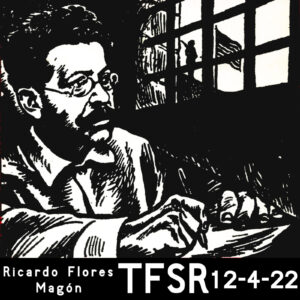
We just passed the 100th anniversary of the murder by incarceration and hounding of Mexican Revolutionary anarchist communist Ricardo Flores Magón on 21st of November. For this hour or so, I spoke with Mitchell Cowen Verter, co-author of the 2005 AK Press book, Dreams of Freedom: A Ricardo Flores Magon Reader (also free from archive.org). We talk about RFM’s life, ideas and legacy.
Apologies for the sound quality, Mitchell was on wifi at a hostel in Cambodia for the conversation.
Other RFM Writings
- The Mexican People Are Suited To Communism by RFM
- More RFM docs
- Tierra Y Libertad play translated by Mitchell
- consecutive
- 2018 gender queered play on video
Other pieces by Mitchell Cowen Verter
- The Anarchist Turn video
- Mitchell’s writings at TheAnarchistLibrary.Org
- Mitchell’s upcoming book, Kropotkin Now!
- Deep Commons 22 panel video
- 2005 “Barbarous Oaxaca” article
Xinachtli
Chicano anarchist communist prisoner of war Xinacthli, held by the State of Texas on some BS charges, had a support rally in Austin, Texas, on November 21st this year. There’s a link in these show notes to a recording someone passed us of him telling his story like a decade ago. You can learn more on his case at FreeAlvaro.Net.
Sean Swain’s segment on marriage starts at [ 01:15:00 – end]

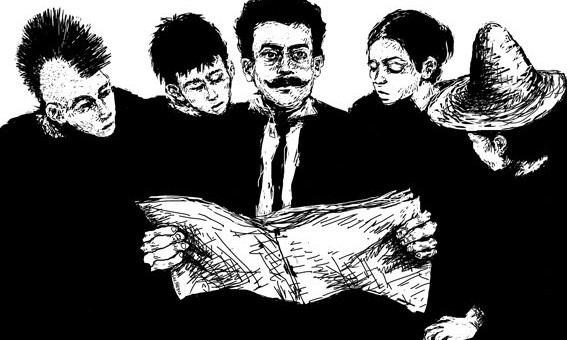
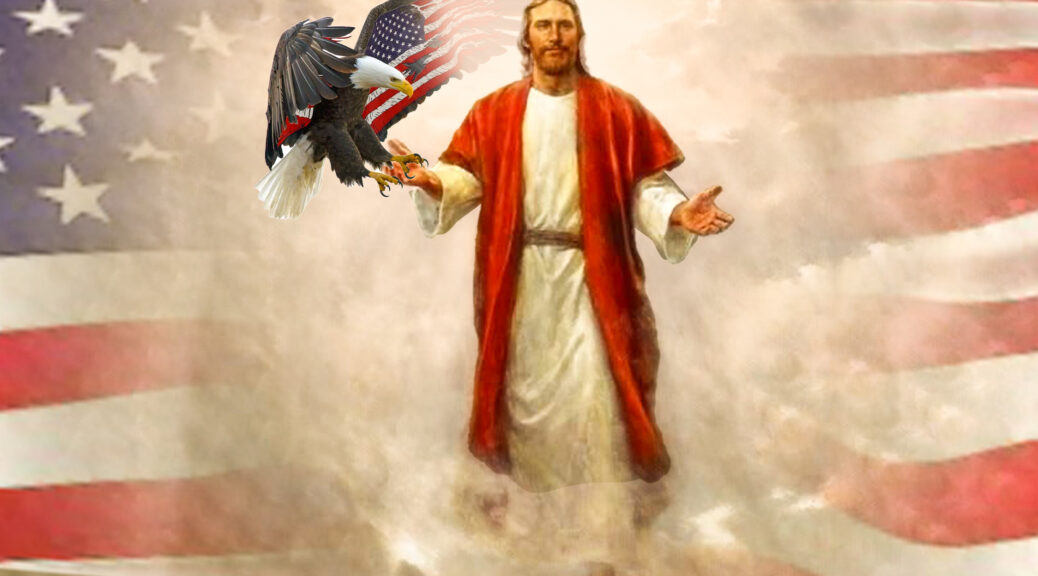
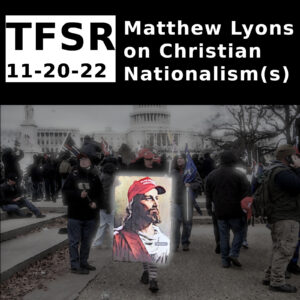
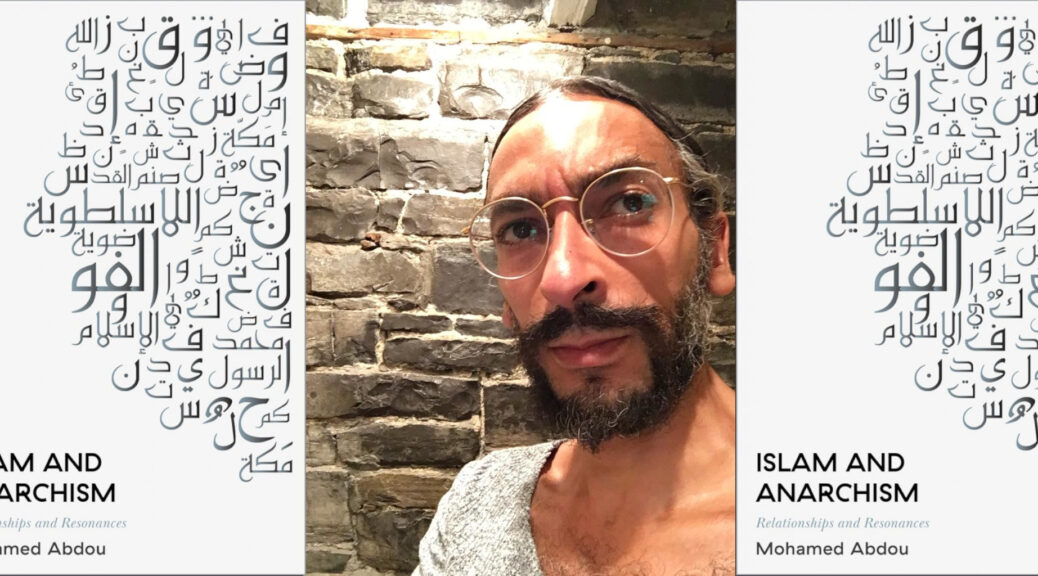

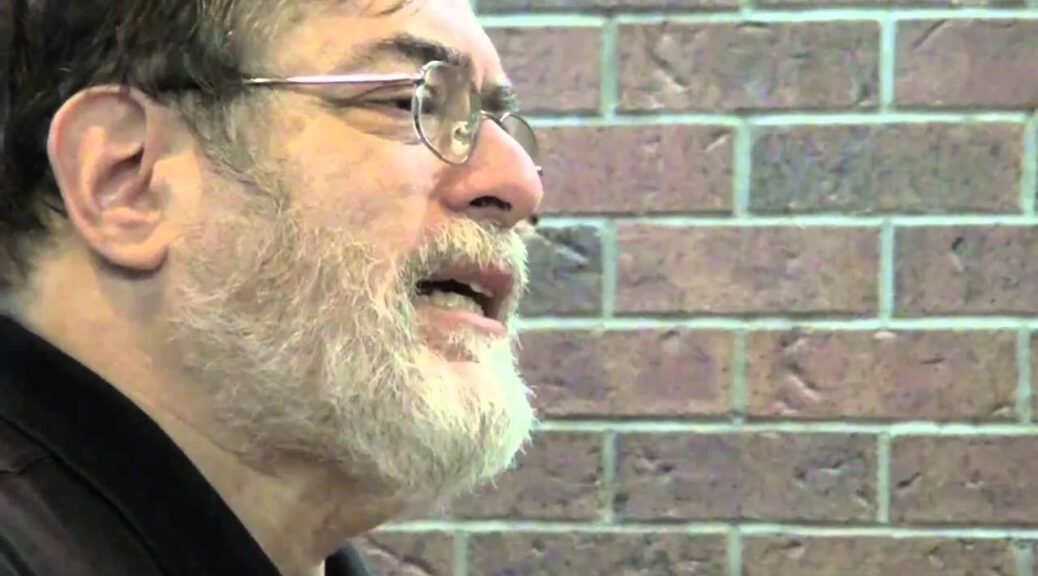
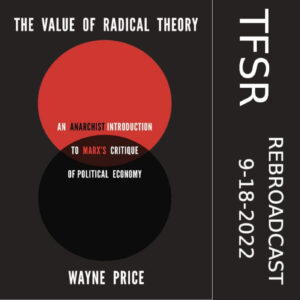
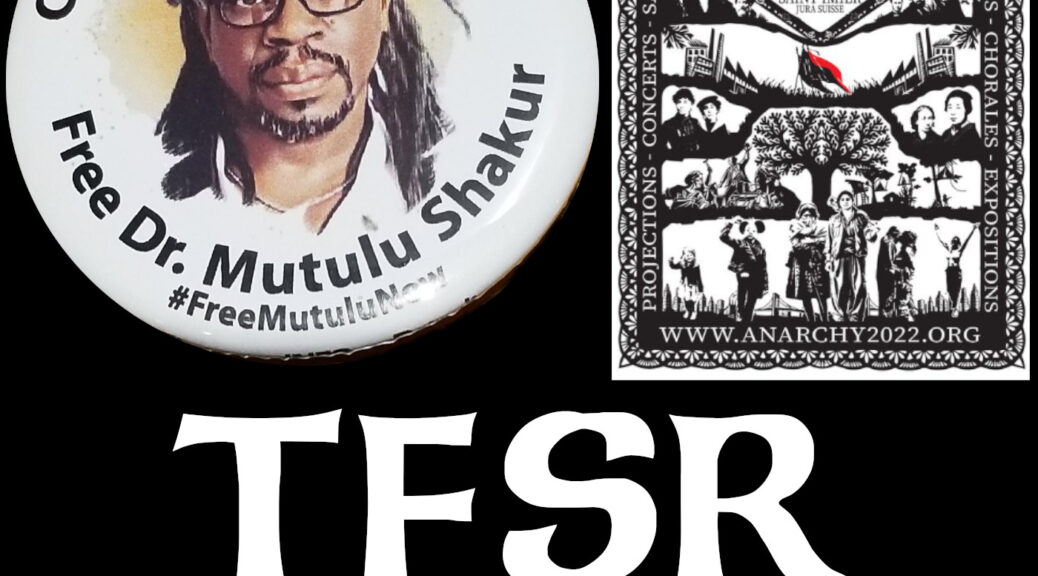
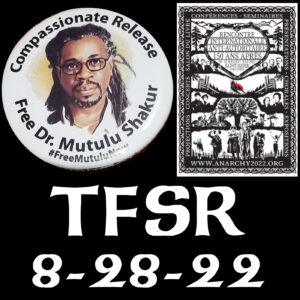
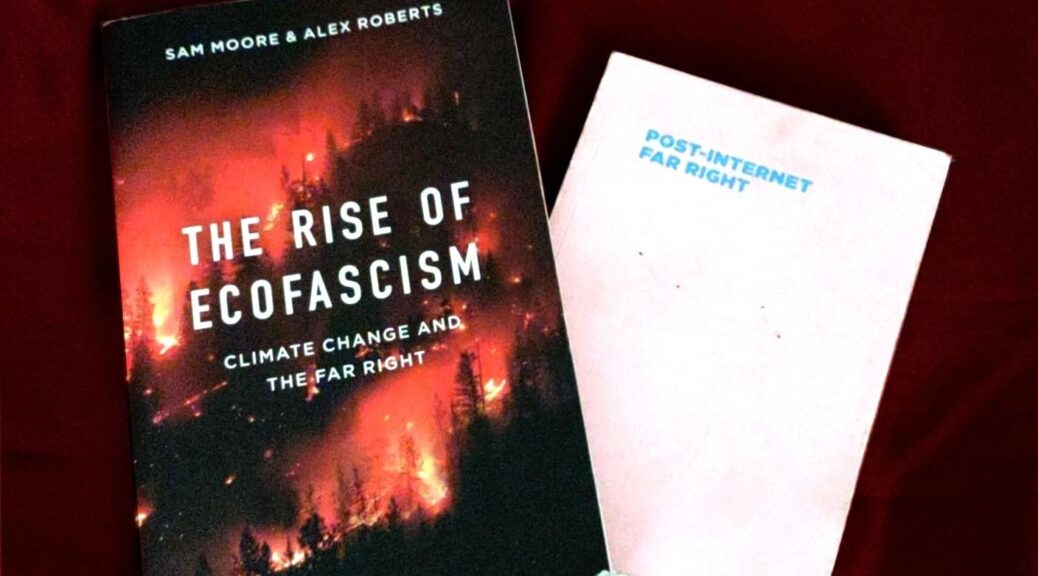
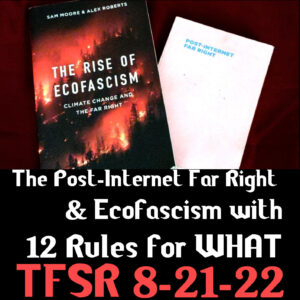
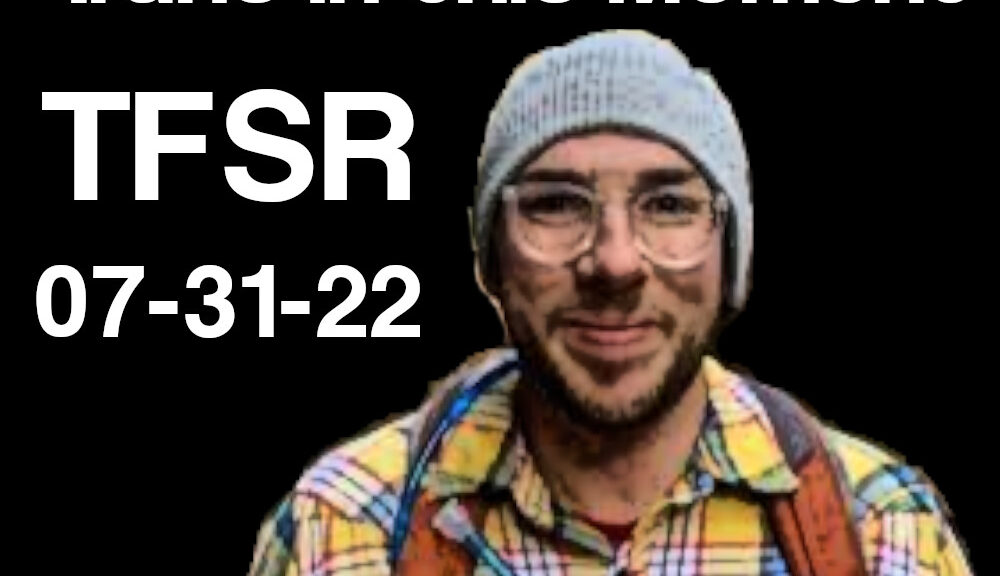
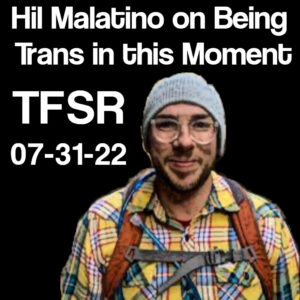
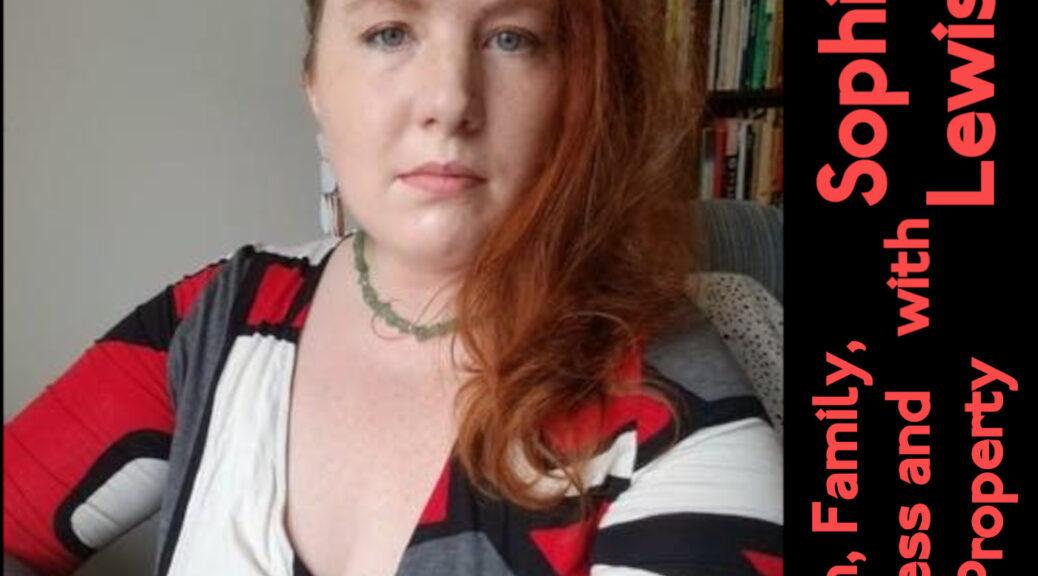
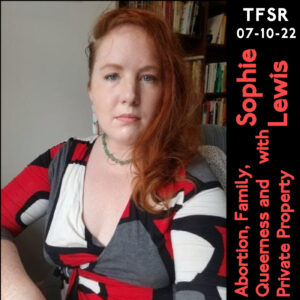
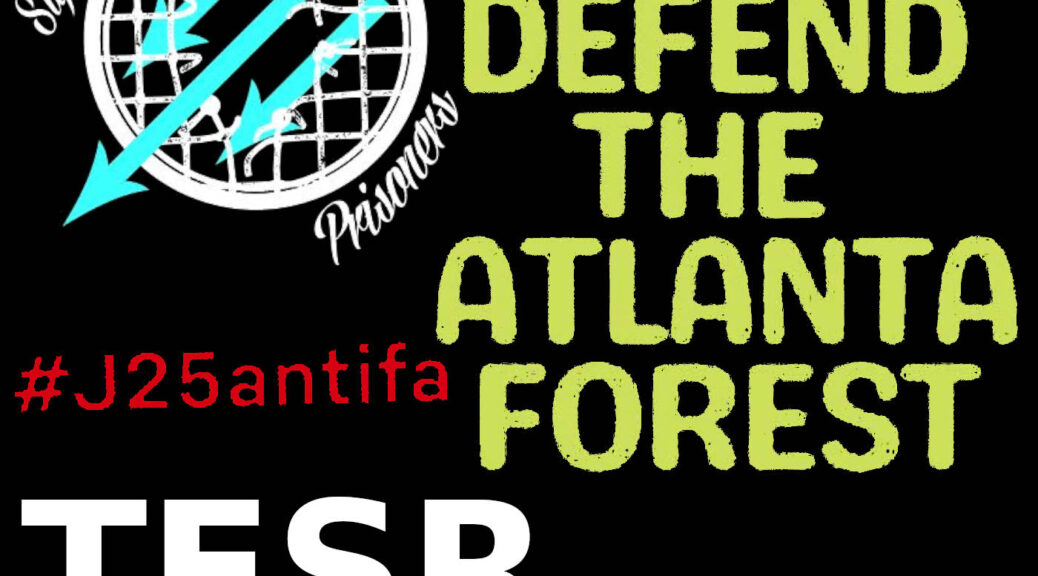
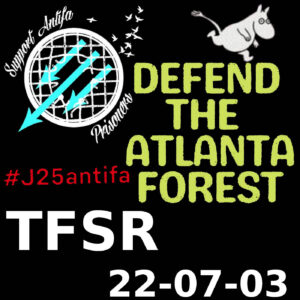
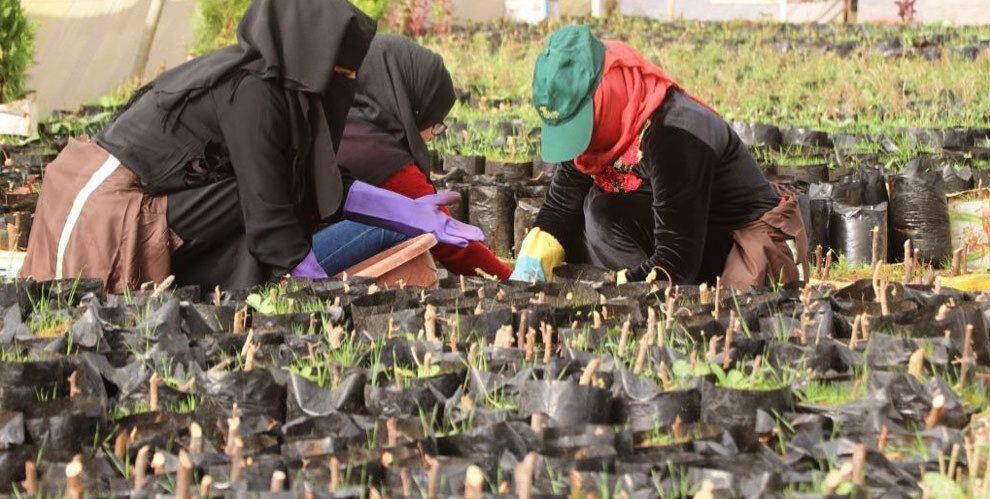
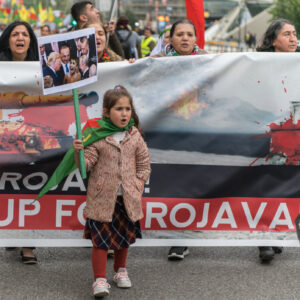
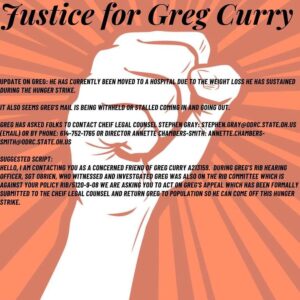 First up, we’ll be sharing a message recorded a week ago by PAPS Texas of incarcerated activist and survivor of the Lucasville Uprising in 1993, Greg Curry, about his hunger strike for the ODRC’s retaliation to his organizing behind bars at Toledo Correctional. Greg’s support is asking folks to contact ODRC officials as he’s entered over a month on hunger strike, had his communication meddled with and has been hospitalized.
First up, we’ll be sharing a message recorded a week ago by PAPS Texas of incarcerated activist and survivor of the Lucasville Uprising in 1993, Greg Curry, about his hunger strike for the ODRC’s retaliation to his organizing behind bars at Toledo Correctional. Greg’s support is asking folks to contact ODRC officials as he’s entered over a month on hunger strike, had his communication meddled with and has been hospitalized.